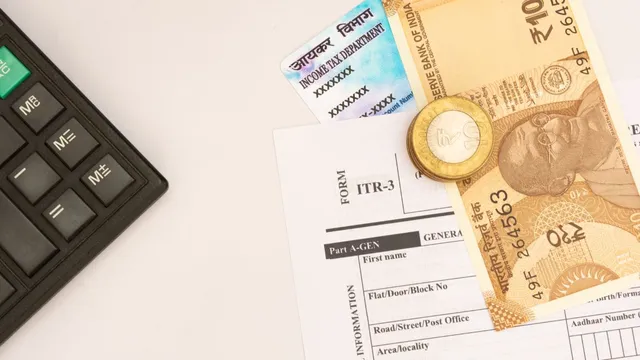- By Aditya Pratap Singh
- Mon, 01 Jul 2024 06:28 PM (IST)
- Source:JND
Income Tax Return 2024: An Income Tax Return (ITR) is a document that indicates how much money a person has earned in a year. If someone fails to submit their ITR on time, they will be subject to a penalty. The Income Tax Department has varying tax rates for various income levels. They also send reminders to encourage people to submit their ITRs on time.
Failure to submit your ITR might result in fines and other penalties. The deadline for filing ITRs for the fiscal year ending on March 31, 2024, is July 31, 2024. Due to the numerous required information and paperwork, filing an ITR can be challenging. Many people may require more time to finalize their tax returns to avoid penalties from the Income Tax Department.
If someone misses the July 31 deadline, they may still submit a late return by December 31, 2024. This is for the assessment year 2024-2025. Late submission of ITRs is subject to penalties, such as INR 1,000 if your income is less than INR 500,000- and INR 5,000 if your income is more than INR 5,00,000.
Also Read: GST Reduced Tax Rates On Household Goods, Brought Happiness, Relief To Every Home: FinMin
Late filers may also have to pay interest on unpaid taxes and may lose some benefits accessible to those who file on time. The significance of tax compliance is that submitting your IFRs on time is important because it is a legal requirement.
Good financial practices help to ensure a smooth tax filing procedure. As per Section 234F of the Income Tax Act, filing an ITR after the due date may result in a penalty. The maximum penalty has been raised to INR 5,000 from INR 10,000 since FY21. For those whose income is INR 5 lakh or less, the penalty is limited to INR 1,000. If you have taxes due and you file late, you will have to pay interest under Section 234A of the Income Tax Code.
Fine after missing the deadline
Starting from the day after the IFR filing deadline, the interest rate is 1% per month or a fraction of a month. This is done to encourage timely payment of taxes. Filing your ITR on time aids in the quick recovery of excess taxes. Delays can create financial and cash flow difficulties. If your income is less than the basic exemption limit and you are filing an ITR to claim a refund, you will not be subject to a penalty for late filing. The basic exemption limit is the gross income before any deductions are applied.

